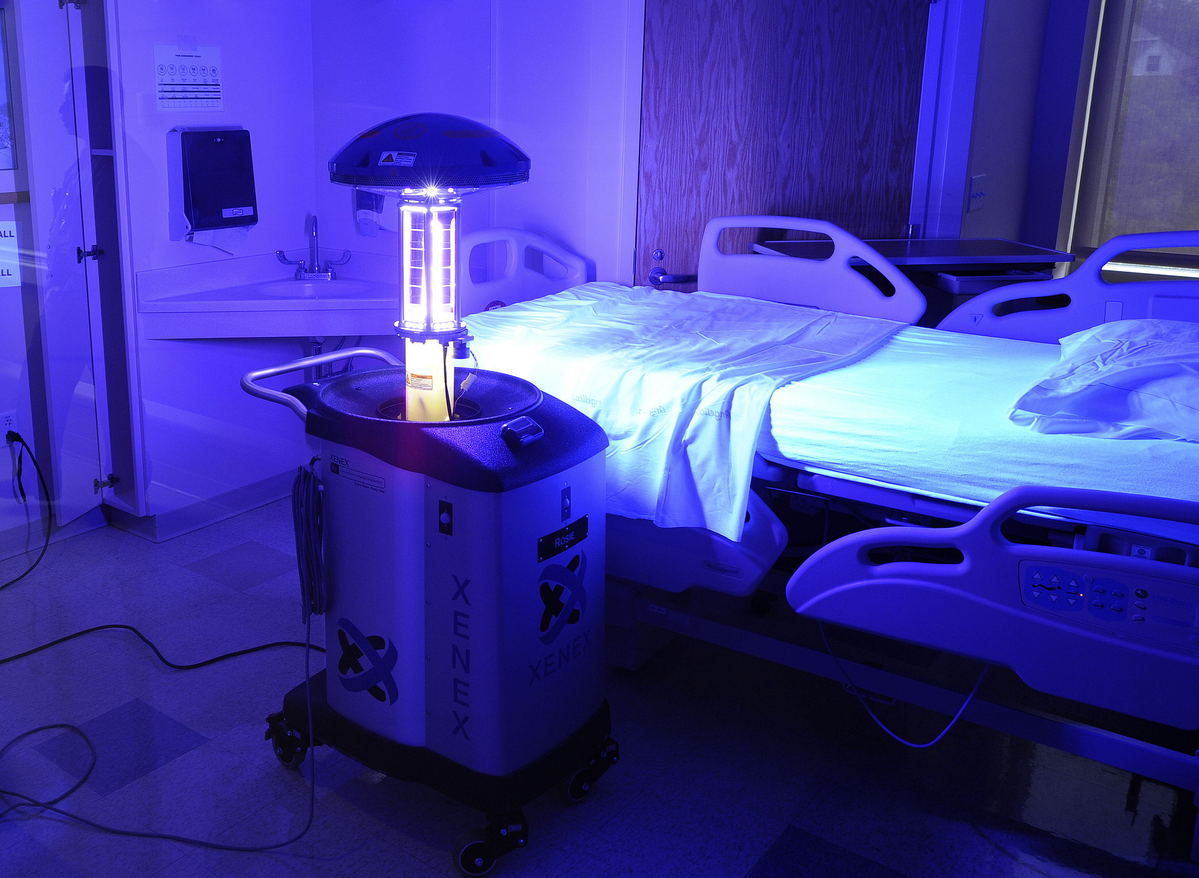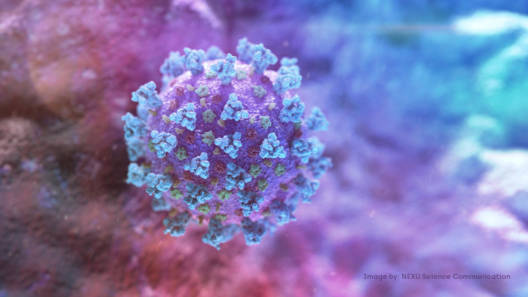US scientists have been trying to find a vaccine for the Novel Coronavirus (COVID-19) for a while now. With over 2.7 million active cases worldwide, as of now, the pandemic has no stopping.
[adinserter block =”3″]
Now, scientists suggest they have found two ways that kill Coronavirus the fastest. As per the scientists, coronavirus dies fastest when it is exposed to direct sunlight. The other way it dies quickly is when it is exposed to humidity, or if a patient is kept in humid temperatures.
Although the study has not been made public yet this new research is being backed by more than one scientist. The Homeland Security adviser on Science and Technology in Washington informed that govt scientists think ultraviolet rays have a potent impact on the pathogen, which suggests the virus will slow down in the summer.

Source: chinadaily
“The virus dies quickest in the presence of direct sunlight,” said the adviser.
“Our most striking observation to date is the powerful effect that solar light appears to have on killing the virus – both surfaces and in the air,” he added. “We’ve seen a similar effect with both temperature and humidity as well, where increasing the temperature and humidity or both are generally less favourable to the virus.”
It has been learned that ultraviolet light puts a sterilization effect on the virus because of radiation, the virus’s genetic stance, and its ability to replicate and reproduce. However, on the darker side, the coronavirus has been lethal in Thailand and other warm places, providing no such proof on the ground.
Dark vs light for coronavirus
Even the US scientists aren’t sure if the virus will slow its spread in the summer and die eventually, but they are hopeful nonetheless. The scientists, however, believe that a lot would depend on the level of radiation used for the UV lights, its intensity, and wavelengths.

Source: rfi
Researchers believe the UV light’s effect on different surfaces would matter in this regard. For example, if the virus is set on stainless steel it may take up to 18 hours to evaporate completely. However, if set inside a humid environment, the speed increases and the virus is distraught in up to 6 hours of time.
[adinserter block =”10″]
If a coronavirus patient coughs and sneezes in a dark room, the virus remains suspended in the air twice as more time as it would under the light. Moreover, researchers have also found that isopropyl alcohol works twice as better as bleach when trying to sanitize the virus.







